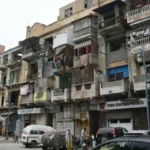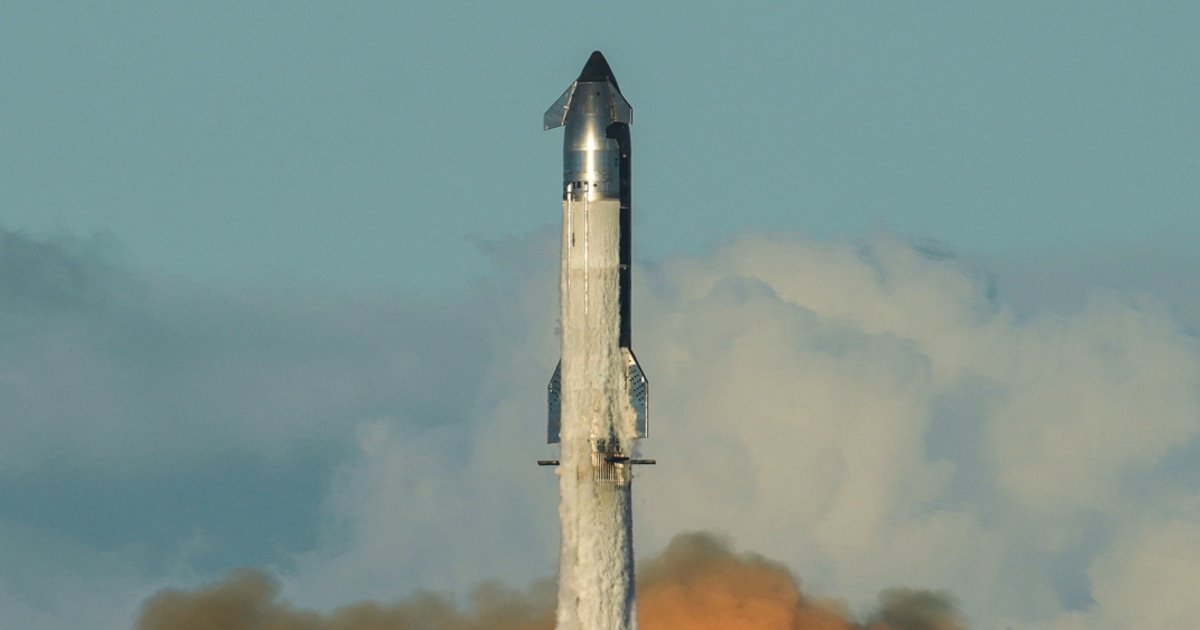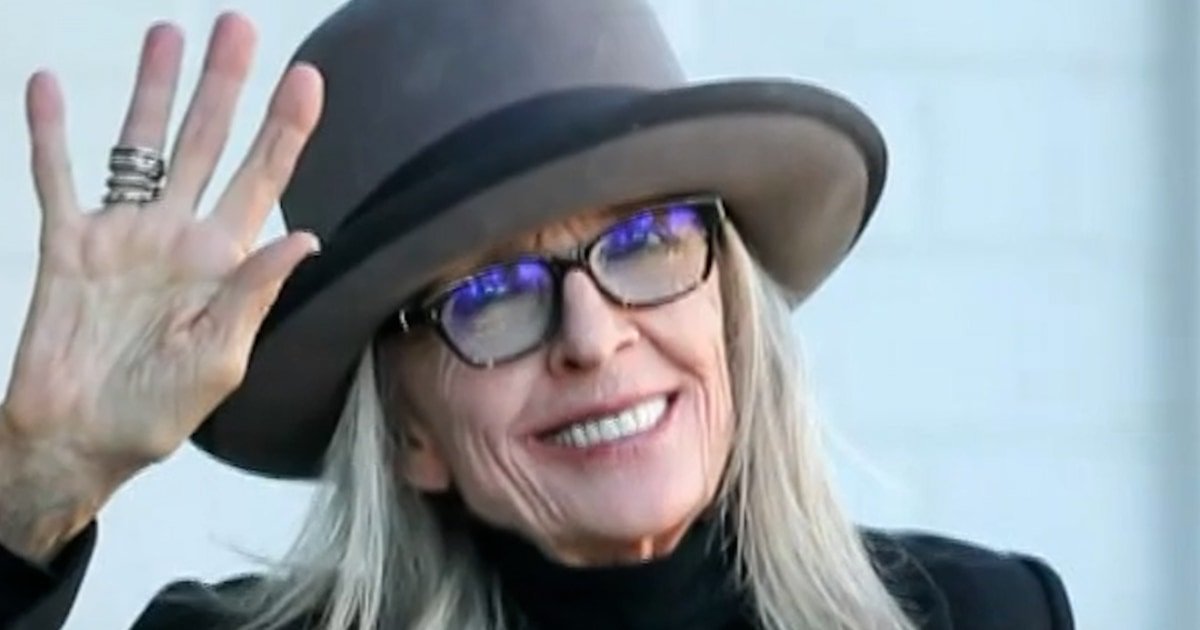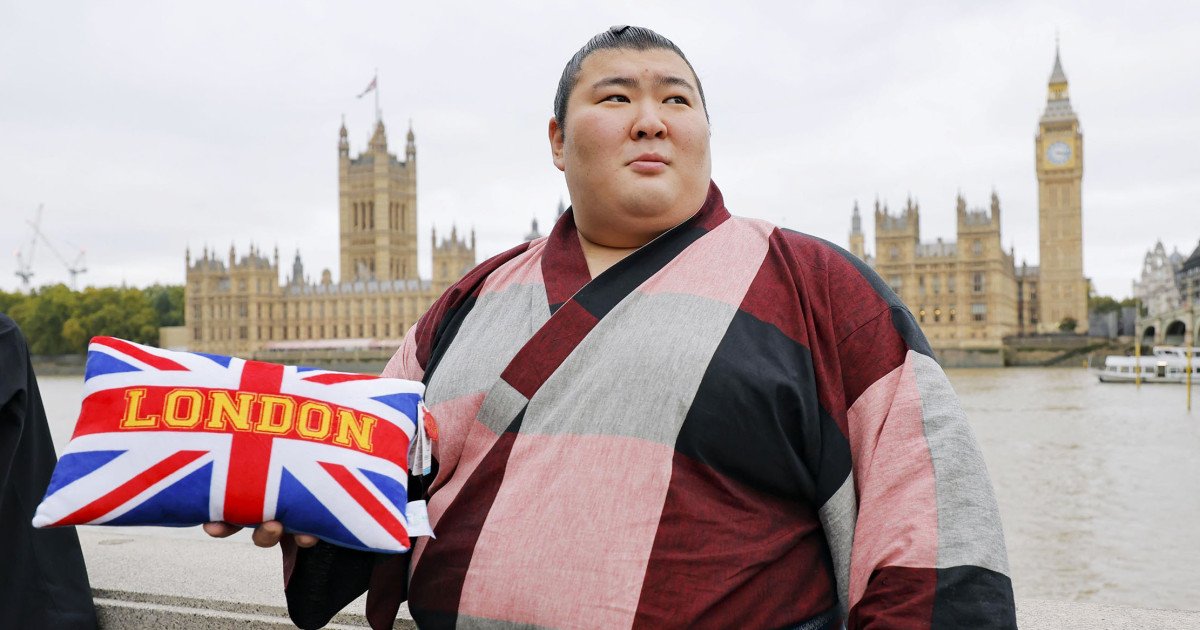Holding the still body of his newborn baby wrapped in a blanket, Yahya Al-Batran imagines what his son, Jumaa, would say if he could speak.
“I left you for God’s sake, Dad,” Batran says as Jumaa, wide-eyed and dressed in a sweater too big for his fragile body, lies motionless in his arms.
Jumaa is one of at least five children who have succumbed to the bitter cold and difficult conditions consuming Gaza this winter amid Israel’s deadly offensive in the Palestinian enclave, according to local health officials.
His twin brother, Ali, was fighting for his life in intensive care, officials at Al-Aqsa Martyrs Hospital in Deir al-Balah told NBC News on Wednesday, after Batran and his wife woke up to find the two babies, who were born. premature, lying motionless in their tent for days.
In an interview with the NBC News crew on the ground on Sunday, Batran recounted how he woke up. with the sounds of his wife desperately trying to wake their newborn twins as they lay motionless in the cold tent, which is now home to the family of eight after they fled Beit Lahia in northern Gaza.
They took Jumaa and Ali to Al-Aqsa hospital, but it was too late for baby Jumaa, Batran said. “I was frozen.”
“I couldn’t protect my children. I watched them die in front of my eyes,” Batran said, describing how he had slept without a blanket at night, using everything the family had to keep his children warm.
Temperatures in Gaza dropped below 45 degrees Fahrenheit overnight this week, while heavy rain flooded more than 1,500 tents housing displaced families across the enclave, according to Gaza’s Civil Defense agency.
Wrapped in a hat and coat, 8-year-old Bakar Shaban Abou Khatar stood in a puddle of murky water surrounding his family’s tent in the southern town of Khan Younis.
“The weather is very cold,” he told the NBC News crew on the ground Tuesday as he struggled to pour rainwater into a small can. “We don’t know what to do.”
Local health officials say more than 45,000 people have been killed in the Israeli offensive in the enclave, where children not only face the daily reality of Israeli attacks but have also been displaced from their homes amid near-destruction. complete services.
The winter weather has added another deadly challenge.
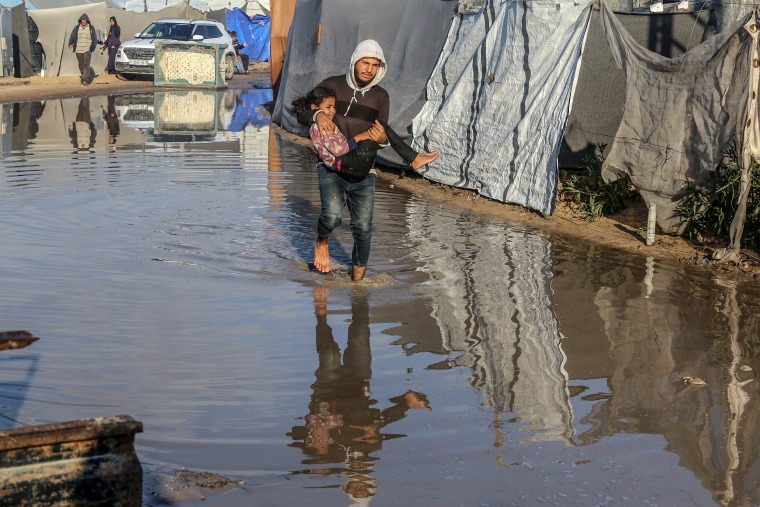
“It’s so cold now in winter that… there have been three deaths of newborns in the last week alone due to the tents and the lack of food available to them, unfortunately,” said Dr. Mimi Sayed, a doctor American emergency worker who volunteers at Al-Aqsa hospital, the NBC News team on the ground said in an interview Tuesday.
“Nothing compares to what is happening in Gaza,” Sayed said. “The situation here is completely miserable and no similar example exists today.”
Babies cannot regulate their body temperature in the same way as adults, making them particularly vulnerable to cold weather without adequate shelter and warm clothing.
Israel’s offensive has displaced most of Gaza’s population and limited the supply of food, water and other essential items.
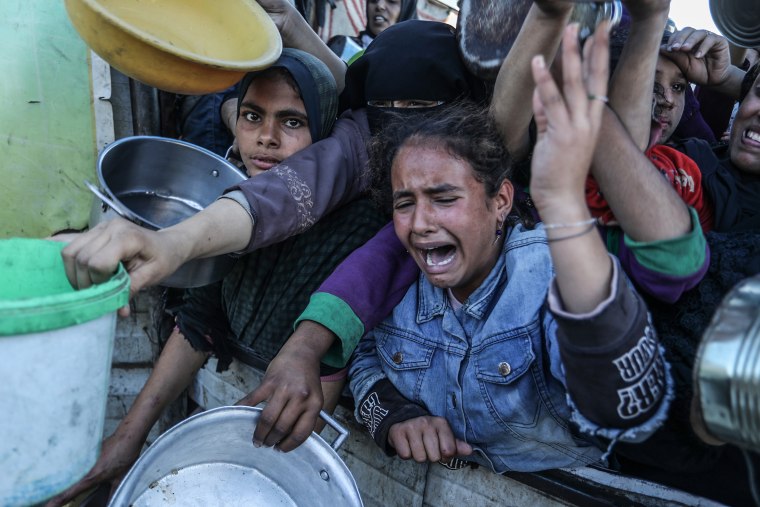
Asked to respond to reports of children displaced by Israel’s attack dying from the cold weather, IDF spokesman Lt. Col. Nadav Shoshani told reporters that the military had investigated those reports but had not was unable to find any “information we can work with” from sources that were “Not related to Hamas.”
“The reality of war is a harsh thing and obviously that’s part of why we don’t start wars,” he said Thursday, adding that hostages taken captive during the Oct. 7 Hamas terrorist attack were also experiencing winter in Gaza. He said Israeli officials were working to bring “winter equipment” to the enclave, but did not elaborate on those efforts.
Meanwhile, video captured by the NBC News crew on the ground showed families in a tent camp in Khan Younis trying to shovel and sweep dirty rainwater from their tents, while others gathered around a soup kitchen in the rain, holding pots and pans and crying. go out to look for hot food.
“We had a wonderful life, but look what we have become,” said Marwan Amer El-Akhres, 11, who was helping his family draw water from their tent. “We have felt very humiliated.”
“It’s very hard and cold. “It’s very cold,” he said.
Recalling a time when her family, displaced from Rafah, had been able to sit safely and warmly in their home “enjoying the warmth of winter,” she said: “Now, look at this.”
“Is this a life?”

